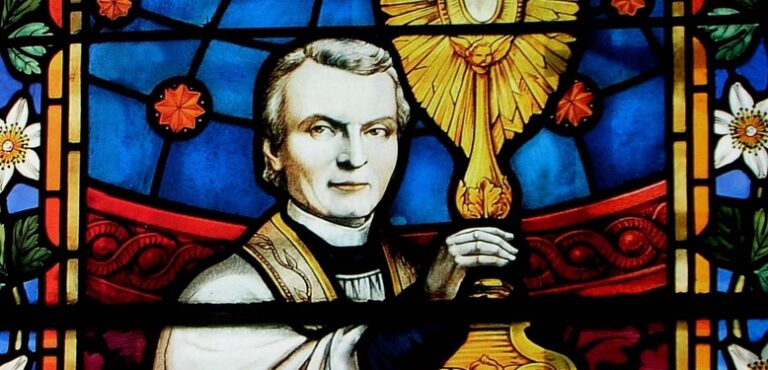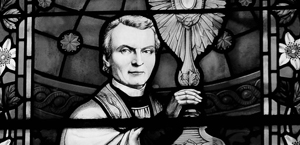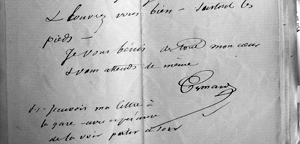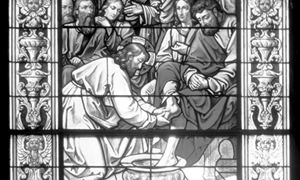Take Another Look
The Life of Pi by Yann Martel tells the story of a boy who is shipwrecked and survives on a life raft with Richard Parker, a Bengal tiger. Seemingly, this story is so far removed from the phantasmagorical accounts in the Book of Daniel, which envision God on a throne and Jesus sitting with the Father. Then, from Revelation, comes the histrionic account of a battle with angels, dragons, and Satan. These are the stories that defy rational minds. We may wonder what the writer was thinking, but there is a reasonable response.
At times, we are so overwhelmed with emotion that we say: ‘Words can’t describe the way we feel.’ The writer uses this response to exaggerate the momentous occasion and event, which can best be described in imaginative, creative language. Pi Patel’s experience of leaving his homeland with his parents, losing his family in a shipwreck, then a struggle to survive is the total of experiences informing us that a talking Bengal tiger, an orangutan named Orange Juice is possible not just to cope, but maintain some sense of the possibilities; thus, another reality.
Our scripture readings are those found words. It is helpful to think imaginatively that miracles do happen; that there is a change in that wafer and cup of wine; a resurrection from death; and a God who rules the heavens and the earth. However, visualizing what we believe places us in another arena, positioned not in the stands, watching, but acting in the performance.
As Catholics, this is how we participate in the communal, Eucharistic unity of our liturgy.
Think out of the box, we are told. It’s better to think that there is no box where angels battle and tigers speak, and miracles happen.
Prayer
I will give thanks to you, O LORD, with all my heart, for you have heard the words of my mouth; in the presence of the angels, I will sing your praise; I will worship at your holy temple and give thanks to your name. (Psalm 138:1-2)








